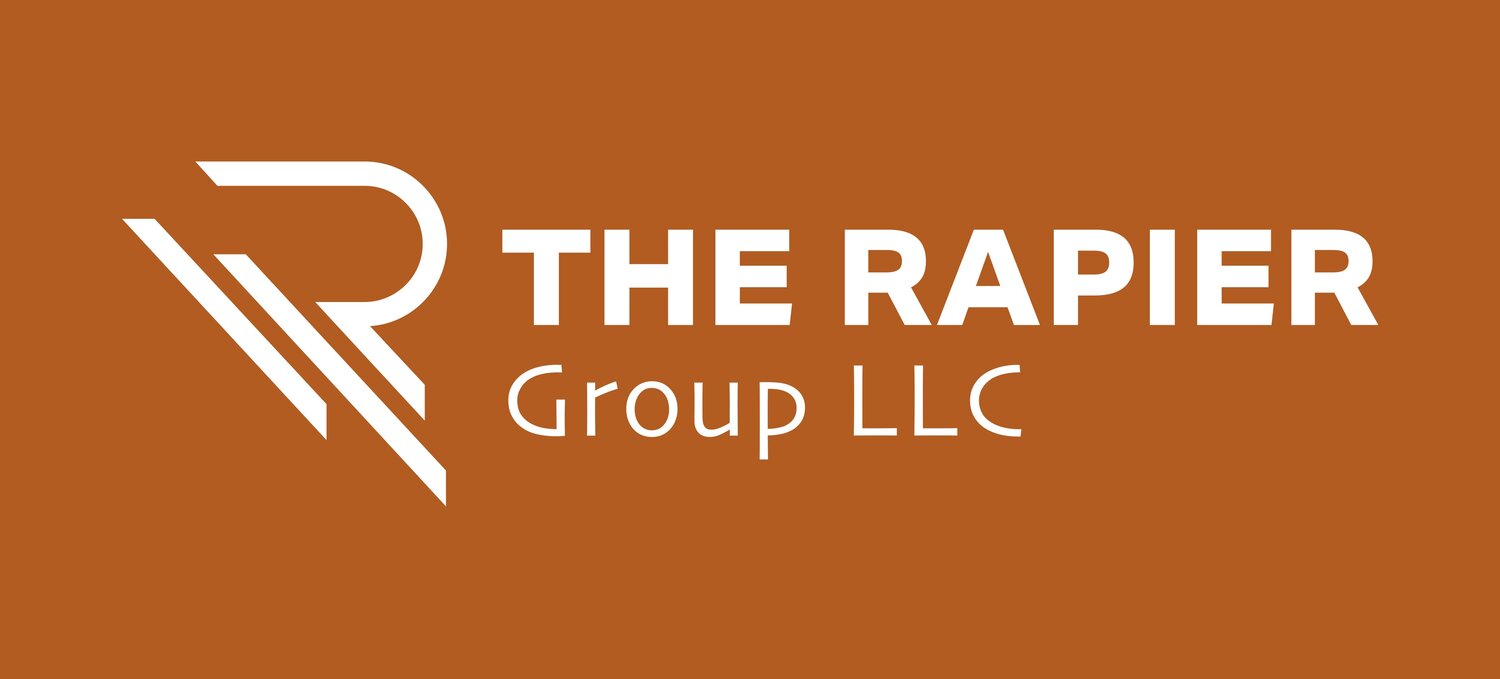An Apocalyptic View of Returning to the Office
Painting by Viktor Mikhailovich Vasnetsov
Today's second topic is a book review – 'Do Hard Things – Why We Get Resilience Wrong and the Surprising Science of Real Toughness'
Word Count: About 1,300, approximate reading time 5 to 7 minutes. Please share your thoughts in the comments. Please be kind and subscribe to my newsletter.
Forbes published The Four Horsemen Of The Mandated Return To Office by Gleb Tsipursky. This article provides a unique view on returning to the office. Mr. Tsipursky's four horsemen are Resistance, Attrition, Quiet Quitting, and Diversity.
Resistance
Multiple surveys show that people who can work remotely want to remain fully remote or in a hybrid arrangement. As companies and employees adapted to the pandemic, we learned that remote work is possible. Many now question the need to spend time and money commuting to an office every day. People who moved to Zoom Towns are the greatest resisters.
Attrition
The Great Resignation became a common phrase in 2022. Many questioned what they wanted out of employment. For others, dictates to return to the office have driven them to seek other jobs. The risk to firms is that often the best talent has the most flexibility to find new opportunities that provide the challenges, flexibility, and compensation they want.
Quiet Quitting
This may be the most damaging of the four. When people focus on doing the minimum, innovation stops. The organization stagnates and eventually crumbles. People will no longer do what they are told just because their manager tells them. Quiet quitting is one end of the employee engagement spectrum. There is a difference between doing as little as possible and choosing not to do the work of three people or taking on tasks you are not qualified to do.
Diversity
The article cites a survey reporting that the willingness of white professionals to return to the office is significantly higher than it is for black professionals. The stated reason is that "black professionals still suffer from discrimination and microaggressions in the office, and are less vulnerable to harassment in remote work." I do not doubt the survey data that leads to this conclusion. The counterpoint to consider is that remote workers are easier to overlook when others are in the office.
This article presents ideas and opinions that merit consideration. It does not focus on the relationship aspect of employment. The firm we choose to work for is a personal and emotional choice. The Gottman Institute talks about the four horsemen of relationships – Criticism, Contempt, Defensiveness, and Stone Walling. As leaders, we must manage our responses to the return to work lest we risk creating toxic relationships. The Forbes article does not discuss the fundamental shift that has occurred. Before 2020, there was no discussion. No one questions working in the office. Neither managers nor workers asked whether 100% in-person work was necessary. Today leaders must justify the request. They must convince workers that working in the office is essential for the company and good for their careers. When the value of office work is well understood, the word 'mandated' is removed from the tile of the Forbes article.
Inc. recently commented on Disney's recent return to work decision. How Bob Iger communicated the decision is just as important as the decision. He makes the case that returning to work is important for Disney and its cast members. (Disney has always referred to employees as cast members. It reminds everyone that they are part of the entertainment experience that is core to the company.)
Book Review – Do Hard Things by Steve Magness
The stereotype of what it means to be tough is perpetuated in TV and movies. The myth is described as "pushing through the pain." Drill Sergeants and coaches are always screaming and increasing the intensity until the soldier or player magically breaks through the barrier and becomes a winner. Most of us have worked a shouter in business. These people adopt an authoritarian style. This has the appearance of discipline but does not teach the team how to be successful. It is a false perspective. It disappears as soon as the shouter is gone.
In Do Hard Things – Why We Get Resilience Wrong and the Surprising Science of Real Toughness, Mr. Magness dispels that myth. He defines what toughness is and shows how to achieve true strength. Magness breaks the process down into four pillars.
Pillar One – Ditch the Façade, Embrace Reality. Accept what you are capable of and set your goals accordingly. Make realistic plans so you can make progress. Recognize your strengths and weaknesses.
Pillar Two – Listen to Your Body. Our feelings and emotions are our body's way of telling us something. In times of stress, they are protective and try to get us to avoid danger. Listen to understand their cause and respond accordingly.
Pillar Three – Respond Instead of React. This is critical. When a stressful situation presents itself, be sure you develop a reasoned response. Our initial reaction is often emotional and rarely the course of action we should take. It may be directionally correct, but our response needs to be part of a process rather than simply retreating or powering through.
Pillar Four – Transcend Discomfort. Difficult situations are always uncomfortable. To overcome this, we need to understand the struggle and make meaning from it. If there is no meaning, we should disengage. Otherwise, we need to integrate the experience into our story. As we transcend, we become stronger and more ready for the next challenge.
Stress and discomfort are a part of working reality. They are not necessarily bad, as Art Markman wrote for Fast Company. What we have to learn to do is manage.
What I'm Up To
Preparing for a visit from the grandchildren. The winter weather is crazy warm this January so I am playing golf. Life is good.
Chips and Salsa: Snack-sized news and posts
We will long admire and study the brilliant leadership of President Volodymyr Zelensky.
Inc - What Business Leaders Can Learn From President Zelensky
Inc - No 1 Leadership Lesson from President Zelensky
Predicting the future is a critical aspect of leadership. While you do not get all the details right, you need to set the right direction. This video looks at the 1939 World Fair predictions for the future.
Aeon - The future was now at the 1939 world fair
Learn as much as you can and never stop.
Art Markman - Early learning slows cognitive decline.
Canceling recurring meetings is a brilliant move. Most of them become agendaless with no clear expected outcomes. Require a new agenda for each meeting; don't use the same one over and over. If a new agenda is not published 24 hours in advance, then the participants should feel free to skip it.
CNN - Shopify Cancels All Recurring Meetings.
I have long feared the day of drone pollution. I envision that restaurants, pharmacies, grocery stores, and every other retail business, along with package delivery service, will have fleets of drones flying through the air. Now we will have big drones delivering people. The sound of swarming murder hornets fills my imagination.
Axios - Automakers are pouring millions into "flying taxis"
Interesting research on the future of battery technology.
PitchBook - Grid storage beyond lithium
Hybrid work is becoming the new normal.
New York Time Dealbook - The resilience of remote work
Crypto is under scrutiny. This report discusses current trends.
https://www.pwc.com/us/en/tech-effect/innovation/digital-assets-predictions.html
Research shows that being around people who do what you do leads to innovation. Another reason to return to the office.
MIT Sloan - Tech hubs are expensive but worth it
There is great power in good habits.
Medium - Routines Create Super Achievers
Quotes
"In the middle of difficulty lies opportunity."
- Albert Einstein
"If you can't live through adversity, you'll never be good at what you do."
- Hank Greenberg
The Leader With A Thousand Faces is available on Amazon.
My goal is to make this newsletter as interesting and valuable as possible. Please share your thoughts and suggestions for improvement. If there are specific topics in leadership you would like me to focus on in future issues, please send them my way.



